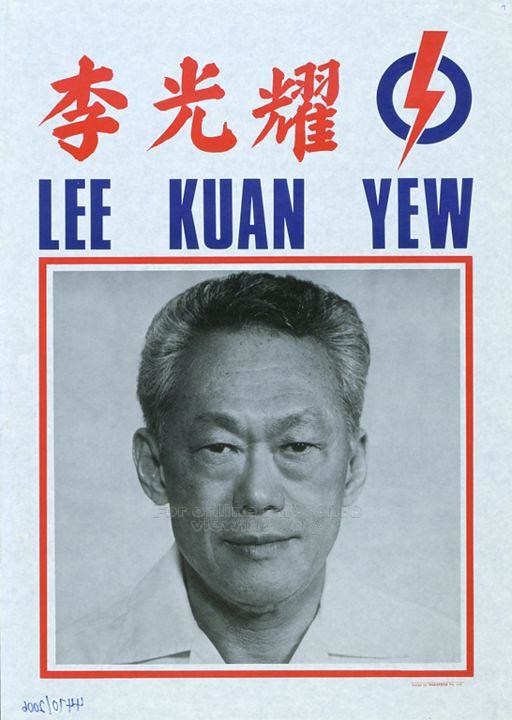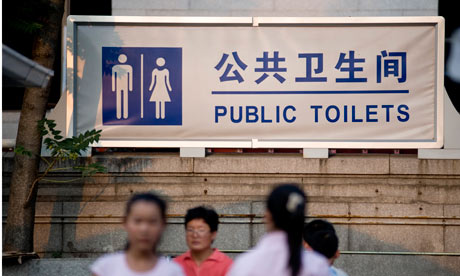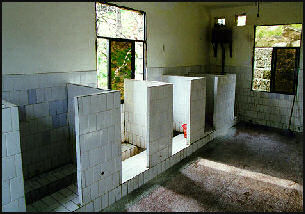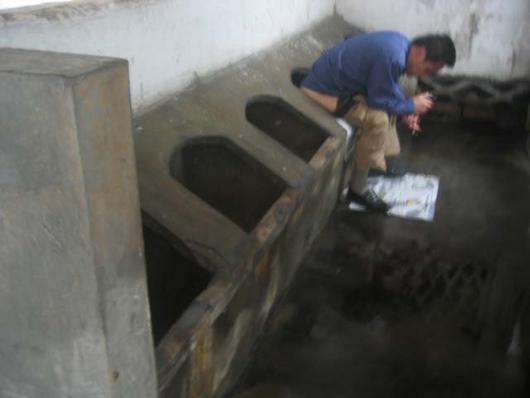Singapore has an excellent model for social assistance and we must thank the PAP for this, otherwise ordinary Singaporeans will have to pay huge taxes.
No income or low income, where got money to pay tax. In sinkapore, low tax doesn't benefit the majority of sinkees. Low taxes is bad for sinkapore. Most people would rather pay tax so that the basics of life are made possible for all through the taxation system. People who begrudge taxes are those earning the most. That's
Singapore’s social assistance policies require people to exhaust their own resources, those of their families, and those of the community, before turning to the Government for help. This belief is often presented as the three principles of our social safety net, namely:
Self-reliance: Assistance, not welfare; mutual obligation, not entitlement. Family as the first line of support
Put together, these three principles are actually part of a single over-arching principle—that government help must be the last resort.
If we go to the government for the last resort, why bother to have a government and overpaying the ministers? Everyone deserves to have a middle class existence if they have done what is expected of them, that is get a good education, work the required hours and have results to show for it and show some degree of self-responsibility. Housing in a tiny land space is never going to be affordable to most without government intervention. Transportation will eat up a huge chunk of one's income if left to the devices of the private sector. Health care and education will only be available to the higher income without government intervention. So, don't tell me that government is the provider of last resort. Either it serves the people or it should just be eliminated.
Housing, health care, education, utilities, jobs are the basics for existence and the government's role is to provide for them using the taxation system.
If we do not uphold this principle, lazy people will modify their behaviour to become more reliant on the state than would otherwise be the case. This would reduce the incentive for the low-income group to provide for themselves and improve their lot.
If you assume the worst in people, then that is the position you will take. If the state gives you $500 a month, you won't want to work? The assistance in sinkapore is pittance and is not an incentive for people to spurn living wage employment.
The problem in sinkapore is that the pay is insufficient to cover the essentials. And cost of living is high is a result of government policies.
Hence, Singapore’s Public Assistance Scheme, which can be seen as social insurance against becoming destitute, has eligibility criteria more stringent than those of most welfare states, and gives a lower amount of benefits.
It is easier to squeeze blood out of stone than to qualify for welfare. The social assistance is in name only so as to give semblance that sinkapore is a developed state. If you pay so little and make it so hard to get it, why bother? The successful recipient of government assistance still have to live like a destitute.
In order to fund welfare payments and social assistance services for lower income groups, welfare states impose high taxes on the higher-income group.
And there is NOTHING wrong with higher taxes for the higher income group. Society is created for the benefit for ALL, not just the higher income category. A stable society is one which has the majority being in middle income and that can only be achieved with a progressive taxation system.
Singapore, too, has a progressive regime of taxation: roughly only the top third of workers pay income taxes.
You are looking at quantum. Proportionately, that is a different story. The 80 percents are paying more in total taxation than the rich.
However, while the distribution of taxation is progressive, the absolute amount of taxes is low. For example, income tax revenue is 7% of Gross Domestic Product (GDP) in Singapore, compared to 29% in Denmark.
What's the point of low taxation when the masses have to slog till 75 to pay off their housing, education for kids, health care. Is life all about working to survive?
If you take the total amount collected by the government - CPF, Medisave etc ...we are worst of than the Danish.
The Danish pay higher taxes but get lots more in return. No worries about medical bill, good education for their kids, day care. What do we get for the forced deductions and taxes? Nothing much. A major health issue will lead us to spending the rest of our life paying the bills.
Again, the underlying assumption in Singapore is that incentives matter. Not only might high taxes induce a brain drain of talent in the higher brackets, the lower-income group would have less incentive to upgrade their skills and work hard, particularly if they knew they would be well taken care of by the state. This would reduce the competitiveness of Singapore’s economy overall.
I am sad for you ...you still can't think for yourself ....you just ape the PAP bs. Look at progressive societies in the Scandinavian region ...is there a short of talent and entrepreneur there despite the high taxes? Ikea is from Sweden. Lego is from Denmark. Sinkapore has ????? ..only LKY.
Sinkapore is sinking ...and sinking fast as the PAP floods the country with foreigners.



 :oIo:
:oIo:




